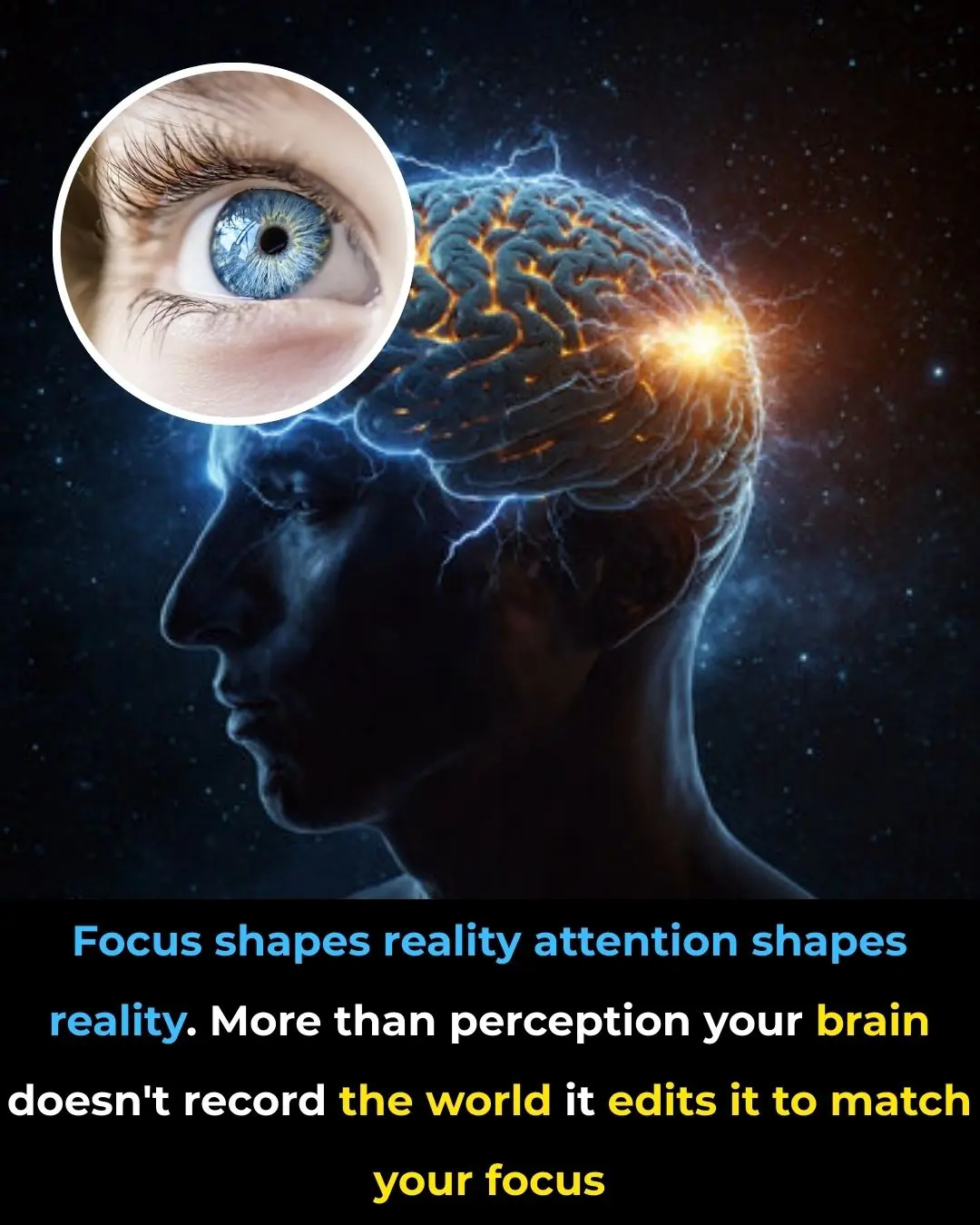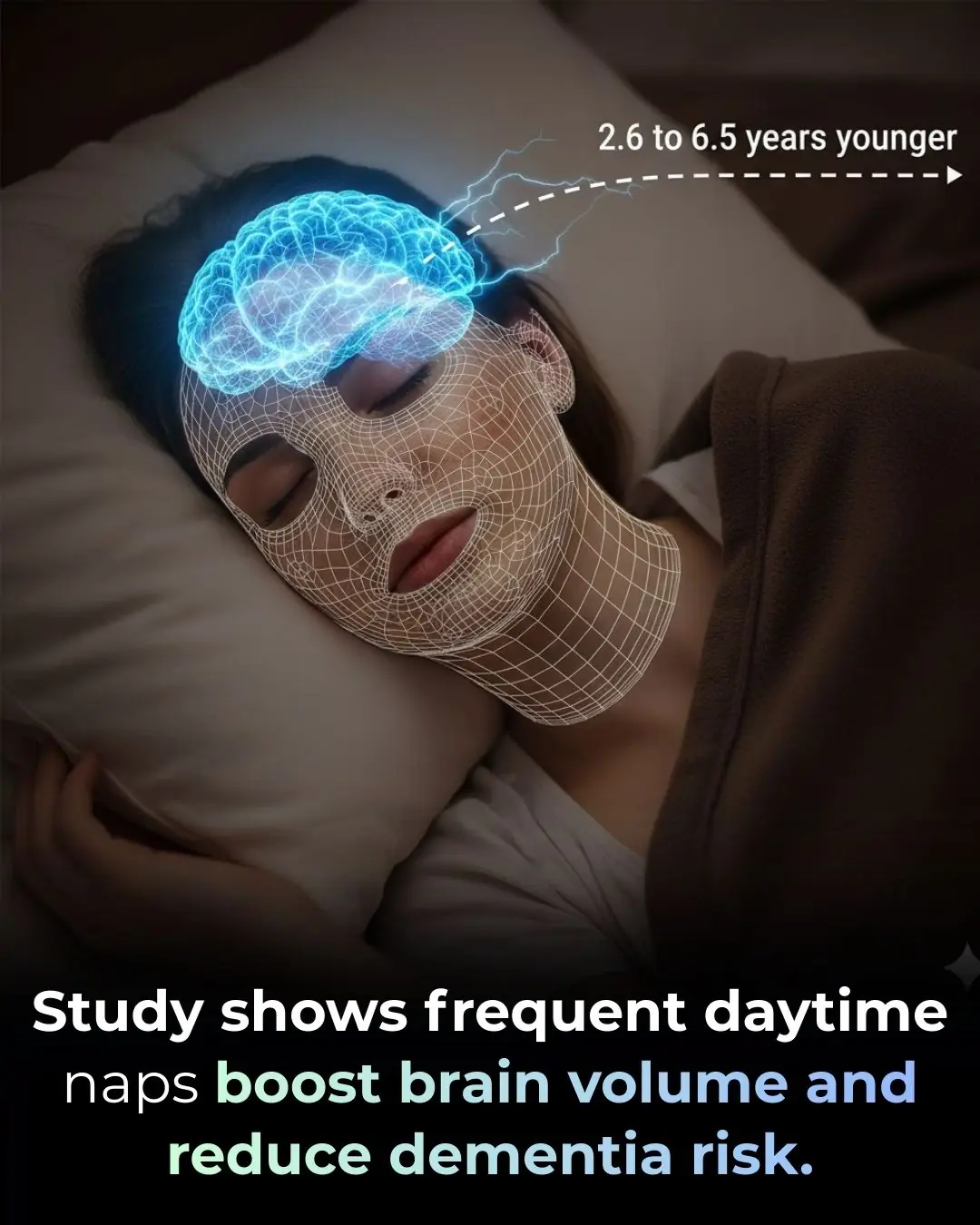
How Attention Shapes Reality: The Neuroscience Behind Focus and Perception

Recent discoveries in neuroscience have unveiled a fascinating and transformative truth: attention plays a far more significant role in shaping our reality than perception alone. Unlike a camera that records every minute detail, the brain operates as an active editor of our experiences, selectively highlighting certain elements based on where we direct our focus. This means that our perception of the world is not a direct reflection of reality but a constructed experience influenced by our attentional focus.
When we concentrate on specific aspects of our environment, our brain enhances the sensory input related to those aspects, while filtering out or ignoring other details. This selective processing helps us navigate the complexities of our surroundings more efficiently, yet it also means that what we notice, remember, and even believe is more closely tied to where we direct our attention rather than to any objective or absolute truth. Essentially, what we focus on becomes what we experience, and our minds create a version of reality that aligns with our interests, needs, or emotional states.
This principle has profound implications for various areas of life, including learning, decision-making, and even emotional wellbeing. For instance, when you consciously direct your attention, you can enhance your memory, increase your productivity, and foster a positive emotional environment. By focusing on learning and growth, you can ensure that your brain processes and retains valuable information more effectively. On the other hand, if your attention is dominated by distractions or negative thoughts, the effects can be counterproductive, amplifying stress, anxiety, or reinforcing cognitive biases.
The role of attention is not just about enhancing focus; it’s also about how we manage our mental and emotional states. For example, research has shown that mindfulness, the practice of being fully present in the moment without judgment, can significantly improve emotional regulation and mental clarity. Mindfulness training encourages individuals to notice their thoughts and feelings without becoming attached to them, allowing for a more balanced and objective perspective. Studies suggest that such practices can increase the size of areas in the brain associated with emotional control, such as the prefrontal cortex, while reducing activity in regions tied to stress and anxiety, such as the amygdala (Zeidan et al., 2010, Journal of Neuroscience).
Moreover, deliberate practice, which involves focused, purposeful engagement in a skill or activity, capitalizes on this principle by encouraging deep attention to specific techniques or elements that lead to improvement. Whether it's in learning a musical instrument or mastering a sport, deliberately focusing on refining particular skills strengthens the neural connections responsible for that expertise. As such, attention not only shapes what we experience in the present but also plays a crucial role in the long-term development of expertise and mastery.
By understanding how attention functions, we unlock the ability to "edit" our reality in ways that support personal growth, creativity, and clarity. The more control we exert over where we direct our focus, the more influence we have over how our world appears and feels. This is a powerful tool for shaping our experiences in positive, meaningful ways.
Ultimately, the ability to control attention becomes a pathway to improving not just our cognitive function but our emotional and psychological health as well. Neuroscientific studies continually affirm the idea that a well-directed mind leads to a better life. By cultivating mindfulness and directing our attention intentionally, we can actively choose the experiences we want to create, allowing us to live more purposefully and with greater resilience.
Sources:
-
Zeidan, F., Johnson, S. K., Diamond, B. J., & David, Z. (2010). Mindfulness meditation improves cognition: Evidence of brief mental training. Journal of Neuroscience, 30(4), 1155-1161.
News in the same category


Superfetation: The Rare Phenomenon of Becoming Pregnant While Already Pregnant

Dr. Joseph Dituri Sets Record With 93 Days Underwater — And Discovers Stunning Health Benefits

The Extraordinary Survival Story of Bahia Bakari: The Sole Survivor of Yemenia Flight 626

First Person Cured of Type 1 Diabetes Using Stem Cell Therapy: A Groundbreaking Medical Achievement

Gray Hair: A Natural Defense Against Cancer, New Study Suggests

Young Student's Determination to Support His Education Inspires Viral Act of Kindness

MIT Scientists Develop Injectable Gel to Regenerate Damaged Nerves and Restore Sensation

From Fear to Trust: A Dog's Journey of Healing and Love

Frequent Daytime Naps Linked to Larger Brain Volume and Healthier Aging

Study Reveals: Parents of Sons Experience Sharper Cognitive Aging

The Surprising Link Between Fruit Consumption and Stronger Lung Health

The 37-Dimensional Photon: A Breakthrough That May Transform Quantum Computing

New Research Reveals Toxic Exposure May Drive More Dangerous Breast Tumors

Revolutionary FDA-Approved Drops Restore Clear Near Vision Without Glasses

Student forgot he invested $27 in Bitcoin for school project and returned to stunning fortune years later

Teen Inventor Creates Affordable Dialysis Machine, Revolutionizing Global Healthcare

PepsiCo Removes Petroleum-Based Dyes from Doritos, Paving the Way for Healthier Snacking

From Tragedy to Hope: How Compassion Saved a Life in Rural China
News Post

Onion Oil for Hair: The Smelly Secret to Long, Lush Locks

What does it mean to walk with your hands behind your back?

The Hidden Power of Mango Seed

The simple circulation secret that can reduce varicose veins naturally

Doctors Reveal What Really Happens When You Eat Avocado Every Day

Home Alone During a Heart Attack …5 Critical Steps That Could Save Your Life

Rice Baby Oil Collagen Cream For Wrinkle Free Glowing Skin

When Buying Shrimp: Should You Choose Straight or Curved Ones? The Difference Is Huge but Few People Know

Tiny Wings, Mighty Legacy: How Bees Create Honey and Sustain Life on Earth

Don’t Throw Away Overripe Bananas – The Black-Spotted Ones Are a Nutritional Treasure

Hawaii Is Releasing Mosquitoes From Drones — And It Could Help Save Species From Extinction

Your Non-Stick Pan Lost Its Coating? Don’t Throw It Away – Here’s How to Use It Like New

Superfetation: The Rare Phenomenon of Becoming Pregnant While Already Pregnant

How to Choose the Best Apples: The Crispest, Sweetest, and Most Nutritious Ones (Updated for Nov 11, 2024)

When a married woman is obsessed with another man, she does 9 things.

Dr. Joseph Dituri Sets Record With 93 Days Underwater — And Discovers Stunning Health Benefits

The Mystery of the Blue Stop Sign

The Simple “Finger Test”

🦻 Hearing Loss: What Really Causes It — And What You Can Do
